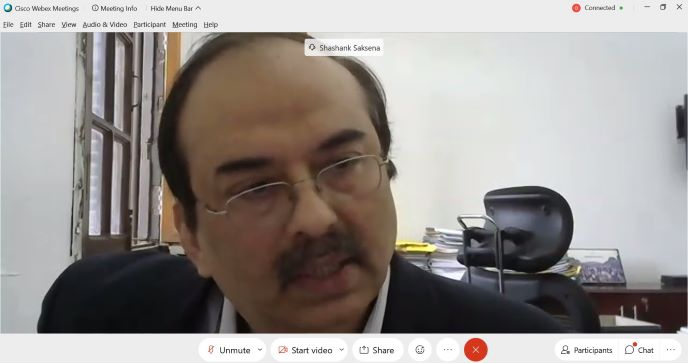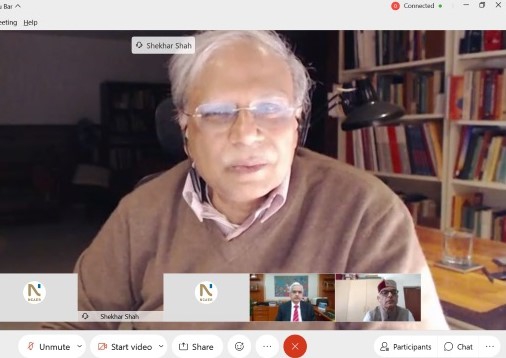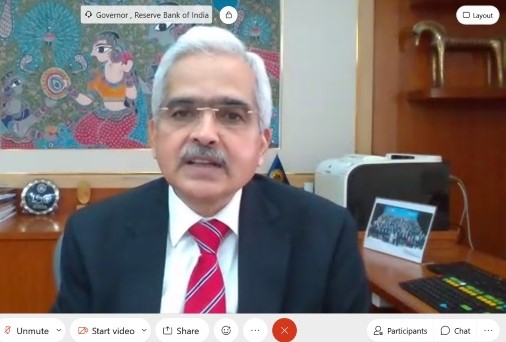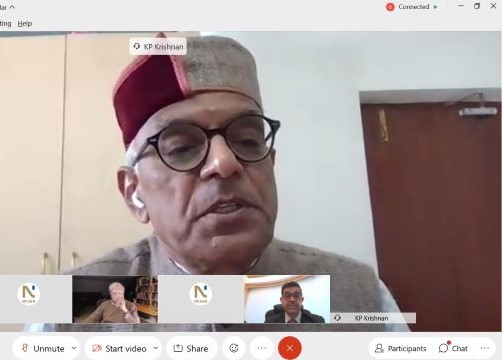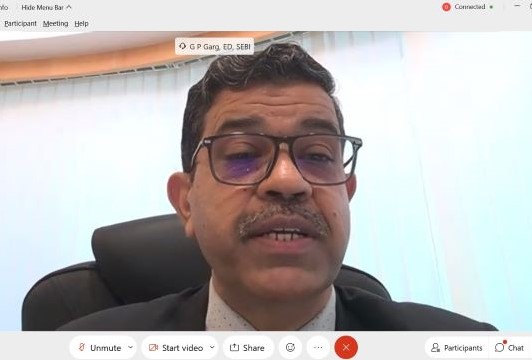The Economist Intelligence Unit’s 2019 Global Microscope Report on Financial Inclusion ranks India as one of the most conducive countries for financial inclusion. This was made achievable by India’s commitment under the 2014 Pradhan Mantri Jan Dhan Yojana that expands financial services to every unbanked household, especially to the poor and the underprivileged.
On December 16, NCAER’s newly established Investor Education and Protection Fund (IEPF) Chair Unit hosted its inaugural event for a five-part virtual workshop series on investor education and protection with financial regulators. The event was attended by more than 70 participants.
RBI Governor Shaktikanta Das delivered the keynote address, articulating the government’s vision and strategy for investor education. This inaugural workshop benefitted from insights by G P Garg, Executive Director, SEBI, and Chairman, National Centre for Financial Education (NSFE), Shashank Saksena, Senior Economic Adviser at the Department of Economic Affairs and Secretary, and Secretary, Financial Stability and Development Council, and Manoj Pandey, Joint Secretary, Ministry of Corporate Affairs and CEO, Investor Education Protection Fund Authority (IEPFA NCAER’s IEPF Chair Professor K P Krishnan shared NCAER’s proposed research program on consumer protection in finance and also chart the course for these NCAER workshops. NCAER’s Director General Shekhar Shah moderated the discussion.
India’s growth and pandemic recovery story will be paved by financial inclusion and participation in an increasingly digital financial space. With its robust digital financial services, the proportion of those with a bank account above the age of 15 in India has been reported to be nearly 80% in 2017, as compared to just about 35% in 2011. The gender gap in account ownership has also reduced to 6% (World Bank Group, The Global Findex Report, 2017). Connecting the world’s second largest population to a formal banking system is a Herculean task for this decade. Channeling savings from hard-earned money to safe and efficient channels of investment is another.
Digitization has opened up the doors of banking for hitherto untapped segments of the population. Many are accessing the formal banking system for the first time and lack trust in systems that they may not understand. Simply put, finance is an unchartered territory for many, including weaker sections and low-income groups, rural populations, and those who are new entrants into the formal labour market. On the other hand, there is an increased demand for entry into the investment market by newer populations. The past 3-5 years have seen greater equity investments from Tier 2-and-3 cities through different investment avenues. India has seen a 20% rise in demat accounts in the past six months during the pandemic, largely by those aged 24-39. This increased demand and interest in investments places an enhanced responsibility on regulatory authorities to demystify finance, encourage informed investments and channel assets into productive uses for the economy. The National Strategy for Financial Education 2020-25 recognizes the unique challenges of creating a financially aware and empowered India, and the need for convergence of efforts by multiple stakeholders that regulate and manage India’s financial resources.
The series of five NCAER workshops will cover investor education issues in securities market, insurance, pension funds and credit markets, following discussion in this inaugural workshop. These workshops will be an opportunity for participants to both learn from key regulators about their strategies for investor education and to contribute to refining the priorities for action and for further research and data collection in this area.
The next workshop in the series is scheduled for December 28, 2020, and will be chaired by SEBI full-time member, Mr G Mahalingam.






